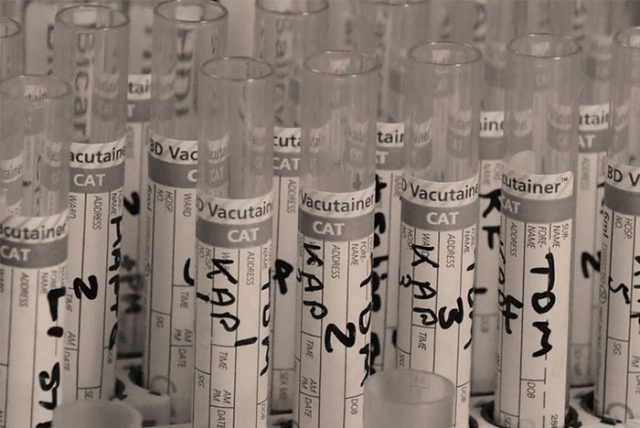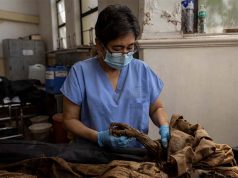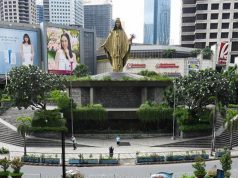
Newly minted Philippine National Police chief Oscar Albayalde is proposing mandatory drug testing for barangay and Sangguniang Kabataan candidates at the coming elections. But this has revived concerns over the legality of drug testing for electoral hopefuls.
Opposition figure Sen. Leila de Lima, who is currently incarcerated on drug charges, questioned Albayalde’s recommendation.
“By requiring barangay and SK candidates to undergo drug testing, shouldn’t he think that candidates for national office should also be required to undergo drug testing, including candidates for president?” De Lima said.
As expected, the idea was a good one for some.
Social media comments argued that mandatory drug tests will pave the way to discover barangay officials involved in the illegal drug trade.
Not so fast! Let’s look at the law.
Easy as it may sound to implement such a project, both substantive law and jurisprudence have something to keep drug tests for candidates at bay.
Former Commission on Elections chief Gregorio Larrazabal said:
(1/5) FYI: It is UNCONSTITUTIONAL to require Brgy. and SK candidates to undergo a drug test. Pls refer to SC Case G.R. No. 161658 (Aquilino Q. Pimentel, Jr. v. @COMELEC .#elections101
— Gregorio Larrazabal (@GoyYLarrazabal) April 10, 2018
Larrazabal drew attention to the 2008 case of Pimentel Jr. v. COMELEC as authority dismiss mandatory drug testing for candidates as unconstitutional.
The case arose from the consolidated petitions of former senator Aquilino Pimentel Jr. and other groups and individuals to declare unconstitutional Section 36[c],[d],[f] and [g] of RA 9165 or the Comprehensive Dangerous Drugs Act of 2002 which required candidates to undergo mandatory drug testing.
Pimentel’s petition also sought to assail COMELEC Resolution 6486 which implemented drug testing for the 2004 elections.
The drug testing requirement for senatorial candidacy, as well for all appointed and elected public officials, was struck down as unconstitutional.
The drug testing requirement for senatorial candidacy, as well for all appointed and elected public officials, was eventually struck down as unconstitutional after the court found that such law does not adhere to Article VI, Section 3 of the Constitution.
“In the discharge of their defined functions, the three departments of government have no choice but to yield obedience to the commands of the Constitution. Whatever limits it imposes must be observed,” wrote Justice Presbitero Velasco Jr. who penned the decision.
Despite the COMELEC reiterating the Supreme Court decision as a bar to mandatory drug testing, some solons are still pushing for the implementation of such tests.









